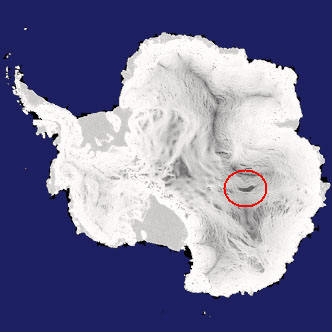Meaning and usage of "lake"
There is considerable uncertainty about defining the difference between lakes and ponds. For example, limnologists have defined lakes as waterbodies which are simply a larger version of a pond, or which have wave action on the shoreline, or where wind induced turbulence plays a major role in mixing the water column. None of these definitions completely excludes ponds and all are difficult to measure. For this reason there has been increasing use made of simple size-based definitions to separate ponds and lakes. In the United Kingdom, for example, the charity Pond Conservation - which works to protect all types of freshwater ecosystem - has defined lakes as waterbodies of 2 hectares (5 acres) or more in area.[3] Elsewhere, other workers have treated lakes as waterbodies of 5 hectares (12 acres) and above, or 8 hectares (20 acres) and above (see definitions of pond). Charles Elton, one of the founders of ecology, regarded lakes as waterbodies of 40 hectares (99 acres) or more, a value somewhat larger than modern studies would suggest appropriate.[4] The term "lake" is also used to describe a feature such as Lake Eyre, which is a dry basin most of the time but may become filled under seasonal conditions of heavy rainfall.
Further, in common usage, many lakes bear names ending with the word "pond", and a lesser number of names ending with "lake" are in quasi-technical fact, ponds. In short, there is no current internationally accepted definition of either term across scientific disciplines or political boundaries. Within disciplines, authors are careful to define environmental geographic circumstances, and obviates the need for artificially imposed definitions when most of the worlds' people speak different languages.







 Reply With Quote
Reply With Quote








 British scientists discovered that rivers, size of major European rivers are at a depth of hundreds of feet beneath the Antarctic ice.
British scientists discovered that rivers, size of major European rivers are at a depth of hundreds of feet beneath the Antarctic ice.


